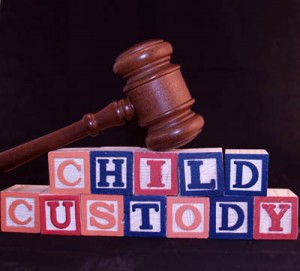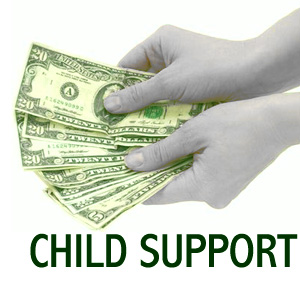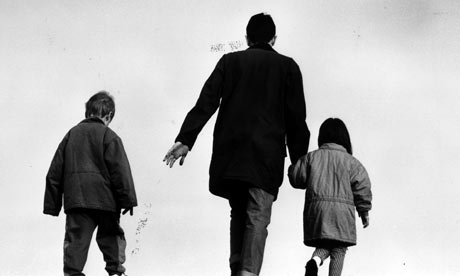 A disgusting tactic sometimes used against men when the children’s mother perceives there will be a custody dispute is to file false allegations of child abuse and/or domestic violence against the other parent. Courts tend to take these allegations seriously. In my experience, false allegations of both domestic violence and child abuse are made by both men and women. However, they are used much more often by women and courts take allegations of domestic abuse against women more seriously. This turns out to be a tactic with very little downside risk. The reason for this is courts do not usually punish individuals who make false allegations of domestic violence and child abuse.
A disgusting tactic sometimes used against men when the children’s mother perceives there will be a custody dispute is to file false allegations of child abuse and/or domestic violence against the other parent. Courts tend to take these allegations seriously. In my experience, false allegations of both domestic violence and child abuse are made by both men and women. However, they are used much more often by women and courts take allegations of domestic abuse against women more seriously. This turns out to be a tactic with very little downside risk. The reason for this is courts do not usually punish individuals who make false allegations of domestic violence and child abuse.
Child Protective Service investigators and the police tend to believe the accuser. They often ignore the credible explanations made by the individual who is accused of either domestic violence or child abuse.
Control
The tactic of making false allegations of either domestic violence or child abuse has to do with controlling the family situation. In many cases, the false allegations of abuse are part of a program of Parental Alienation Syndrome (hereinafter referred to as “PAS”). The individuals making the false allegations of child abuse are not taking into consideration the long term impact this will have on their children. They are doing this for inappropriate, selfish reasons.
When a mother makes false allegations of child abuse, the father is usually thrown out of the house. This gives the mother exclusive occupancy of the home, control of the home’s assets, and control of the children. The man is put out on the street with just the clothes on his back. He needs to get a court order just to get back in the house and get the rest of his clothing.
Keeping Children From Their Father
After allegations of child abuse are made and a temporary order of protection is issued by a court, it can take weeks and sometimes months until the father has contact with his children again. Children who have not had contact with one of their parents for a considerable period of time sometimes become tentative and shy. If the allegations of child abuse are accompanied by the mother filling the children’s heads with false stories of abuse and neglect, the children can become fearful of their father.
My Way
In the end, the parent making the false allegations of child abuse is saying to the other parent, everything will be done my way. If you don’t do what I say, the way I tell you to do it, you are never going to see your children. Who suffers in the end? Both the loving parent kept away from his children and the children. PAS is a terrible syndrome and it can take long term therapy to deal with this problem if it is not nipped in the bud.






 Elliot Schlissel is a
Elliot Schlissel is a  If your child is taken by Child Protective Services the first thing you need to do is to hire an attorney who has extensive experience in litigating child seizure cases with Child Protective Services.
If your child is taken by Child Protective Services the first thing you need to do is to hire an attorney who has extensive experience in litigating child seizure cases with Child Protective Services.  In
In 










